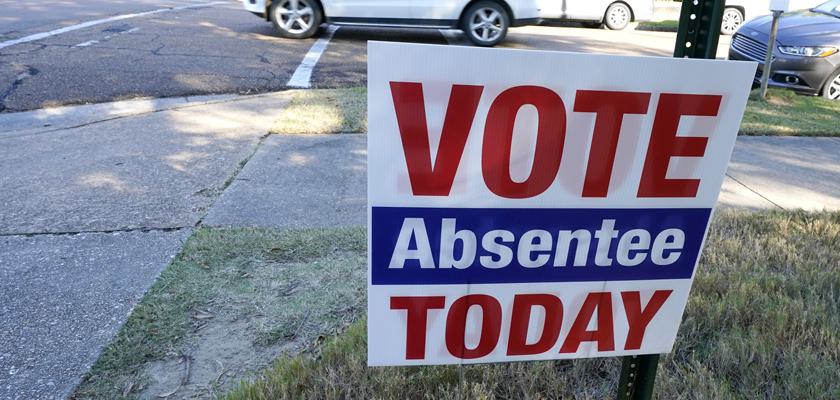As the 2024 elections approach, voter fraud is again reentering the public consciousness. Recent legislation aimed at making Election Day more secure in Alabama mandated paper ballots and prevented voting machines from having wireless connectivity.
While Election Day itself is considered secure, the absentee ballot system continues to be a source of fraud and a concern for some lawmakers. Unconfirmed stories dating back to the 1990s describe ballot harvesters fraudulently requesting absentee ballots, taking them to the registered voter, and offering beer or tobacco in return for a completed ballot which they would turn in. It is alleged that harvesters would be paid $100 a ballot in some counties.
In a 1994 Wilcox County Commission race, the winning candidate received more votes by absentee than the loser did in total.
Even if voter fraud occurs in only a few instances, it can still be enough to flip an election. The Republican primary race for Alabama State Senate between Jay Hovey and Tom Whatley was decided by a single vote. Just one or two fraudulent ballots would have altered the election.
Absentee ballot fraud remains an issue today. In 2015, three Houston County women were convicted in separate absentee ballot schemes. One was convicted on 24 counts of promoting illegal absentee voting, another pleaded guilty to eight counts of attempted absentee ballot fraud, and the third was convicted on seven counts of promoting illegal absentee voting.
Two Jefferson County elections were overturned—one in 2017 and one in 2019—and an Elmore County election was overturned in 2017.
According to former Alabama Secretary of State John Merrill, greater community involvement will help secure elections.
"[W]e have to have more people who are involved," he told 1819 News. "And what I mean by that is we have to have more citizens that are willing to step up and identify whenever they see something that they say something to the appropriate person, whether that be a law enforcement officer, whether that be someone in the probate office, circuit clerk office, or secretary of state's office."
Merrill, whose tenure as Alabama Secretary of State saw seven fraud convictions between 2015 and 2023, said that sworn testimony is the key to securing voter fraud convictions.
"If people won't swear to what they say they witnessed, if they won't swear to it in a court of law, then there is no need to pursue because, at that point, there's nothing that can be done," he explained. "That's all part of the process."
To connect with the story's author or comment, email gnicktreglia@gmail.com.
Don't miss out! Subscribe to our newsletter and get our top stories every weekday morning.










